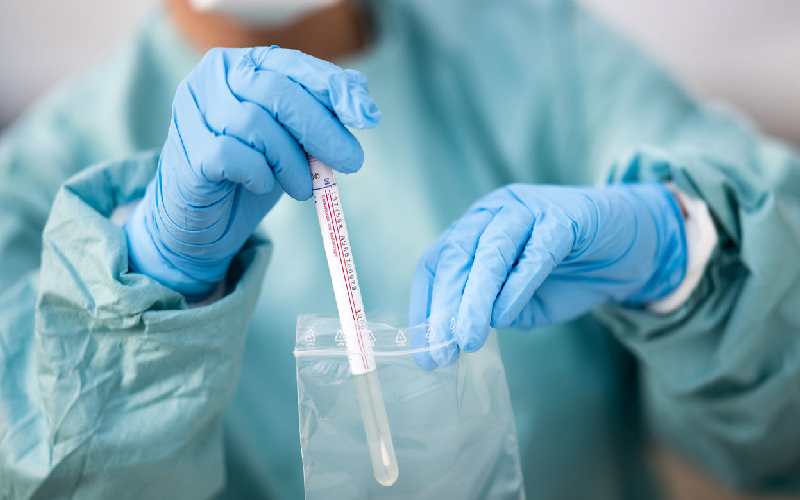×
The Standard e-Paper
Home To Bold Columnists

A month after they confirmed the first novel coronavirus case in the country, authorities are yet to embark on the long promised mass testing to ascertain the number of infected Kenyans.